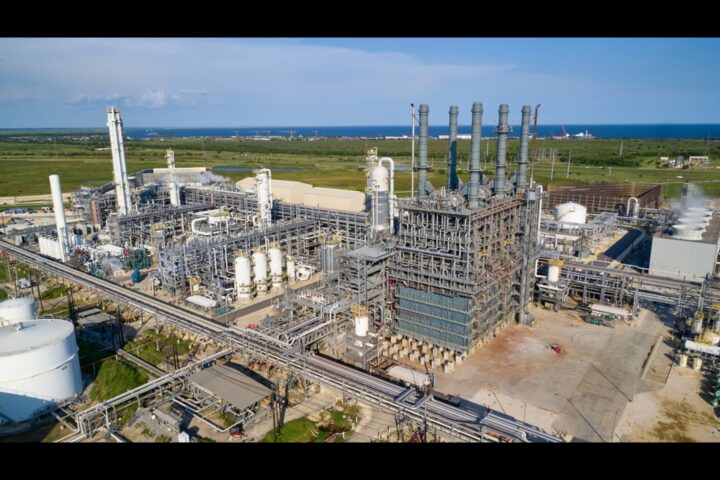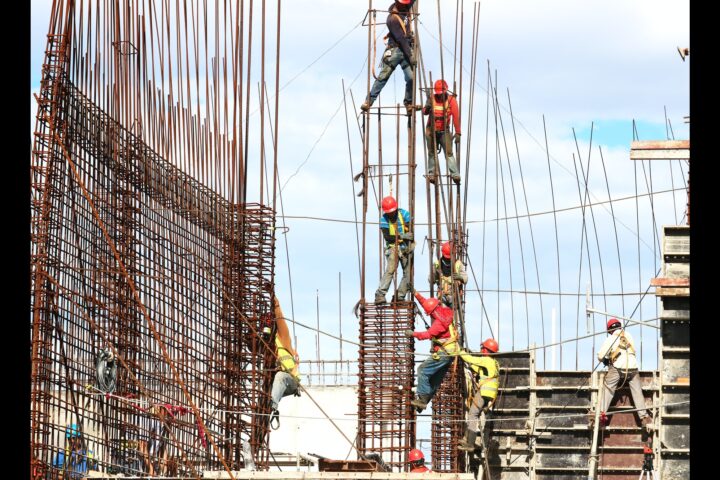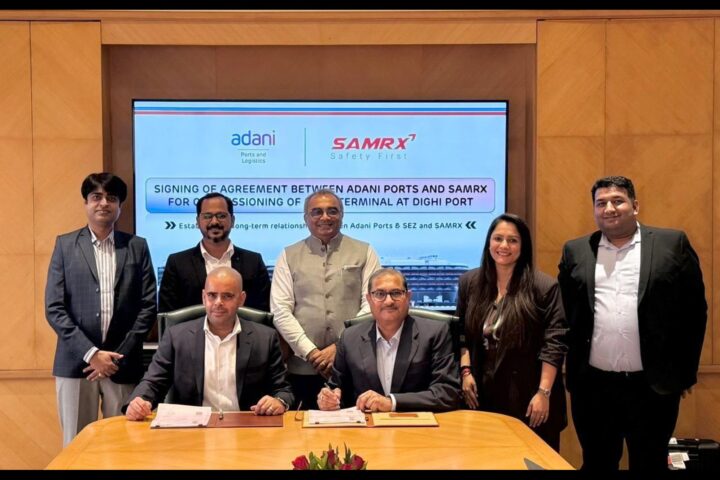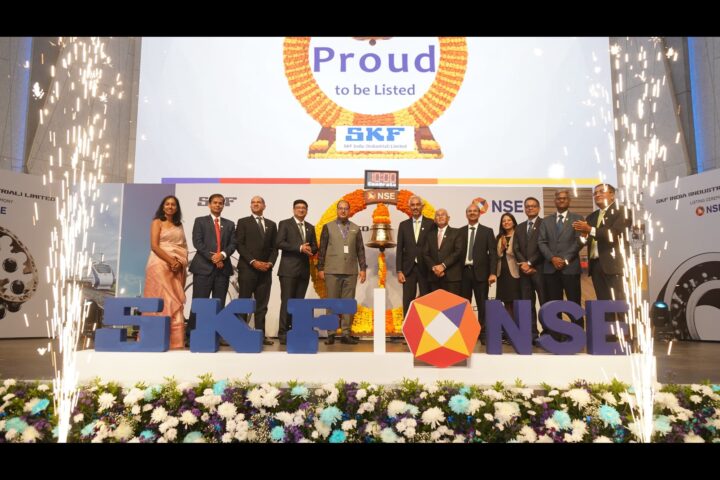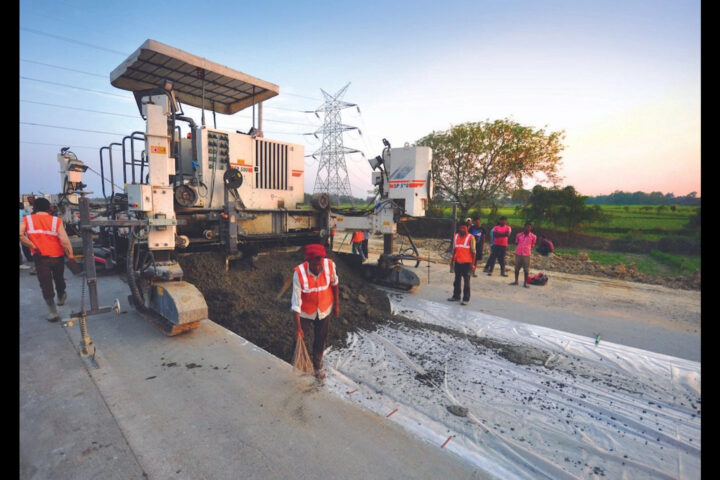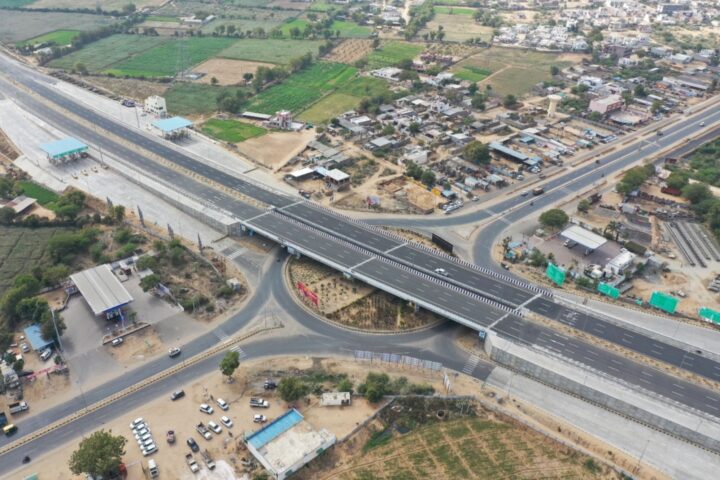Along with China and the US, India will contribute heavily to the global construction industry’s estimated $15.5 trillion valuation by 2030. And given the importance of the sector in driving the nation’s growth, there is strong backing from the Indian Central Government, encouraging steps to drive improvements in the sector.
But for the sector to flourish, it must first look inwards to rectify its weaknesses. At the top of the list is the inability to complete projects on time and within budget. Several studies, including reports by KPMG and position papers from the McKinsey Global Institute, highlight that the construction sector in India must prioritize these issues to boost productivity and cater to the industry’s demands.
Construction projects involve the coming together of several stakeholders – owners, consultants, project management consultants, contractors, suppliers – who use different technology solutions to exchange information and deliver projects. Exchange of information in a timely and proactive manner is critical for successful project collaboration and control. Today, it is reactive, and largely done due to contractual requirements. Stakeholders have no incentive to share news that could lead to delays and cost overruns, especially if they could be blamed for it. With the number of variables and stakeholders, construction projects have a lot of uncertainty and variability.
Successful project planning and delivery involve the proactive ability to identify and control uncertainty and variability.
Technology for improved project delivery
Traditionally, construction technology solutions have been good at automating and improving the productivity of individual processes like design, procurement, planning, etc. But these solutions do not necessarily interoperate with one other. Stakeholders extract information using tools like Excel and exchange it with one another manually through email, messaging, etc. As the project progresses, MIS reports and project KPIs are culled together manually and periodically presented to decision-makers in a reactive manner. There is a latency between information reaching decision-makers and the need for it at the construction site, making completion within the stipulated time and budget a challenge.
However, there is a growing realization that cutting-edge construction technologies can help project managers improve construction project delivery – through better, proactive planning, collaboration, and connecting all project information and stakeholders. Tech-enabled construction, or ‘connected construction’, leverages integrated project controls software to strengthen coordination. It provides better decision-making support to project managers and other project stakeholders to course-correct projects mid-stream, and react in near real-time to variability in projects, avoiding the domino effect in time and cost overruns.
What is Connected Construction?
In simple terms, Connected Construction can be defined as an ecosystem of connected stakeholders on the job site as well as the other stakeholders working offsite including decision-makers to promote operational efficiency.
Connected construction creates a bridge between the digital world of parametric modeling (3D geometry), scheduling, BOQ, and other forms of information including quality and safety, with the physical world. It collects information from all stakeholders involved in the project, and delivers decisions to them in a timely manner. The seamless information flow creates a connected ecosystem where all stakeholders act in coordination and can deliver the project efficiently. A McKinsey Global Institute report puts the benefits of connected construction at a 14-15 percent increase in productivity and a 4-6 percent decrease in costs.
The need of the hour is for owners, operators, and construction contractors to create a strategic vision that prioritizes technology solutions that provide a single source of truth. Solutions that give them 360-degree visibility to better manage variability, proactively course-correct project plans, ensure projects are executed to a higher degree of reliability, and achieve desired KPIs. The sector must create connected sites wherein well-thought-out SOPs and processes help bring together all project stakeholders and eliminate technology silos to achieve the operational goals of project delivery.
On top of such a connected construction solution, new-age technologies like AI, VR, robotics, and wearables can further enhance decision-making as long as they interoperate with existing technologies. The objective of connected construction is to eliminate data entry duplication and consequently data loss and miscommunication, not exacerbate them.
Mega infrastructure projects around the world are using connected construction to ensure project efficiency – impacting project completion milestones, reducing costs, and improving task-level productivity using data analytics on historical information for better planning and coordination that is in sync with real-time information.
There is now a surge in the number and complexity of construction projects in India, eg, larger real estate projects, and huge infrastructure projects launched by the government. While 66 percent of Indian construction companies are prioritizing digital transformation to improve their processes, only a small proportion of forward-looking companies have understood the importance of, and are driving initiatives toward connected construction for better project governance.
Connected construction also has the potential to drive India’s ‘Atmanirbhar’ initiatives bolstered by better adoption and integration of project scheduling, Enterprise Resource Planning (ERP) and Building Information Modeling (BIM).
Technologies that are driving today’s construction business
There is a plethora of technologies that can make a significant impact on driving connected construction and improving project efficiencies, like:
- Cloud and Mobile Technology
- Integrated Project Management Systems
- Parametric 3D modeling for digital twins
- Data analytics and machine learning
- Sensor and IoT
- Drones or Unmanned Aerial Vehicles
- Virtual Reality
- Augmented Reality
- 3D printing
- Prefabrication technology
These technologies can reshape the industry, and how projects will be planned and delivered in the future.
The construction industry is entering a new era of transparency, collaboration, and control. By leveraging technology to enhance reliability, the industry is moving towards being able to deliver projects with a higher degree of reliability. Data-driven decision-making is not only improving the daily operations of construction projects and making the project stakeholders more efficient but also setting newer benchmarks for the industry as a whole to deliver projects more effectively and efficiently.
Kalyan Vaidyanathan, nPulse, Director of Business Development, Bentley Systems






